Connect

- jackie@constructive-voices.com
- Linkedin Constructive Voices Radio Page
- Twitter Constructive Voices Radio
 play_arrow
play_arrow
Constructive Voices Radio The conversation is building
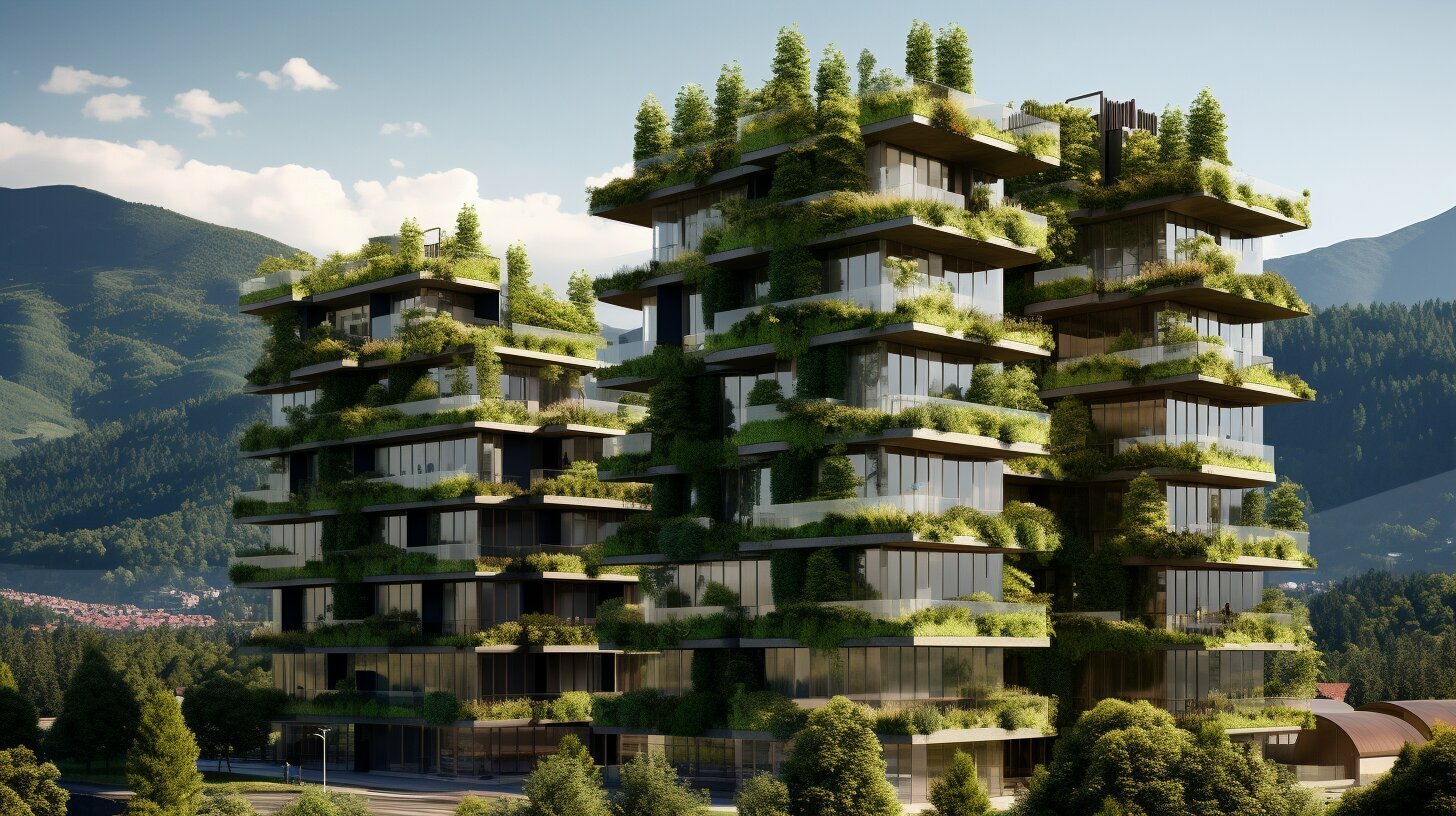
Welcome to our quick guide on the top green buildings in Bosnia and Herzegovina. Discover the innovative and eco-friendly architectural wonders that showcase the country’s commitment to sustainable development.
Bosnia and Herzegovina has wholeheartedly embraced green building practices, incorporating sustainable architecture, innovative green building technologies, and seeking green building certifications to promote environmentally-friendly construction. The country’s commitment to sustainability is evident in its efforts to implement energy-saving techniques and utilize sustainable materials.
“Our goal is to create buildings that not only meet the needs of today but also consider the needs of future generations,” says Marko Petrovic, an architect specializing in sustainable design in Bosnia and Herzegovina.
“By incorporating energy-efficient strategies such as the installation of solar panels, we are able to reduce the carbon footprint of buildings and decrease reliance on traditional energy sources.”
The use of renewable energy sources not only helps reduce greenhouse gas emissions but also leads to cost savings over the long term.
Additionally, green building certifications play a crucial role in promoting sustainable construction in Bosnia and Herzegovina. Certifications such as LEED (Leadership in Energy and Environmental Design) ensure that buildings meet stringent standards for energy efficiency, water conservation, and indoor environmental quality. These certifications serve as a testament to a building’s commitment to sustainability and provide reassurance to occupants and investors.
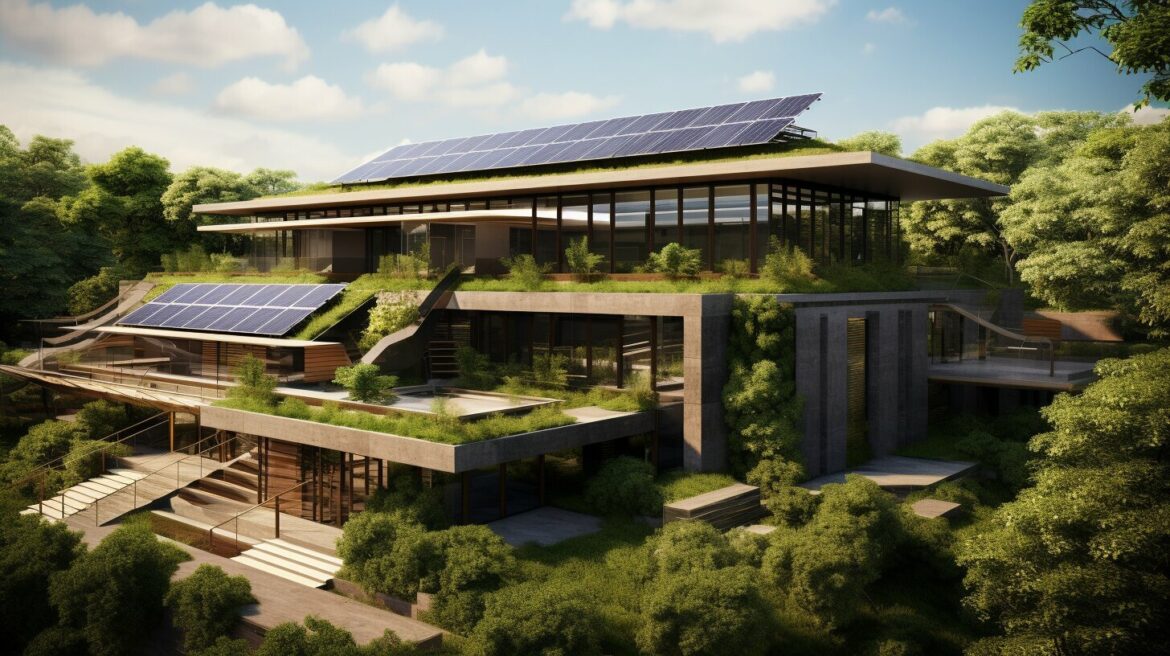
Sustainable architecture is a key aspect of green building practices in Bosnia and Herzegovina. Architects and designers are increasingly incorporating eco-friendly design principles into their projects, utilizing passive cooling techniques, optimizing natural light, and integrating green spaces.
Furthermore, the use of green building technologies is on the rise. Advanced insulation materials, rainwater harvesting systems, and smart energy management systems are just a few examples of the innovative technologies being employed in green buildings across the country. These technologies not only enhance energy efficiency but also contribute to the overall comfort and well-being of occupants.
Green building certifications provide numerous benefits to both building owners and the environment. In addition to promoting sustainability, these certifications enhance marketability and value of properties. Green-certified buildings are often preferred by tenants and investors, as they demonstrate a commitment to environmental responsibility and reduced operating costs.
Moreover, green building certifications contribute to the overall urban development goals of Bosnia and Herzegovina. By encouraging the construction of energy-efficient and environmentally-friendly buildings, these certifications support the country’s commitment to sustainable development and the reduction of energy poverty.
| Benefits of Green Building Certifications |
|---|
| Enhanced energy efficiency |
| Reduced environmental impact |
| Improved indoor air quality |
| Lower operating costs |
| Increased market value |
| Positive impact on health and well-being |
In conclusion, Bosnia and Herzegovina is making significant strides in embracing green building practices. With a focus on sustainable architecture, the utilization of green building technologies, and the pursuit of green building certifications, the country is leading the way in promoting environmentally-friendly construction. These efforts not only contribute to the global sustainability agenda but also ensure a greener and more sustainable future for Bosnia and Herzegovina.
Energy efficiency and the use of sustainable materials are at the forefront of green building practices in Bosnia and Herzegovina, with a strong emphasis on incorporating energy-saving techniques like solar panels and locally-sourced timber. The country is committed to reducing its carbon footprint and promoting environmentally-friendly construction.
Bosnia and Herzegovina recognizes the importance of energy-efficient buildings in minimizing energy consumption and reducing greenhouse gas emissions. To achieve this, the construction industry is increasingly implementing energy-saving technologies such as solar panels. These panels harness the power of the sun to generate clean and renewable energy, ensuring a reduced reliance on fossil fuels and lowering the overall environmental impact of buildings.
Additionally, sustainable materials play a vital role in green building initiatives. Bosnia and Herzegovina has embraced the use of locally-sourced timber, which not only supports the local economy but also reduces transportation-related emissions. By utilizing sustainable materials, green buildings in the country promote responsible forestry practices and minimize environmental degradation.
In conclusion, energy-efficient buildings and the use of sustainable materials are crucial elements of environmentally-friendly construction in Bosnia and Herzegovina. The country’s commitment to incorporating energy-saving techniques like solar panels and utilizing locally-sourced timber showcases its dedication to promoting a greener and more sustainable construction sector.
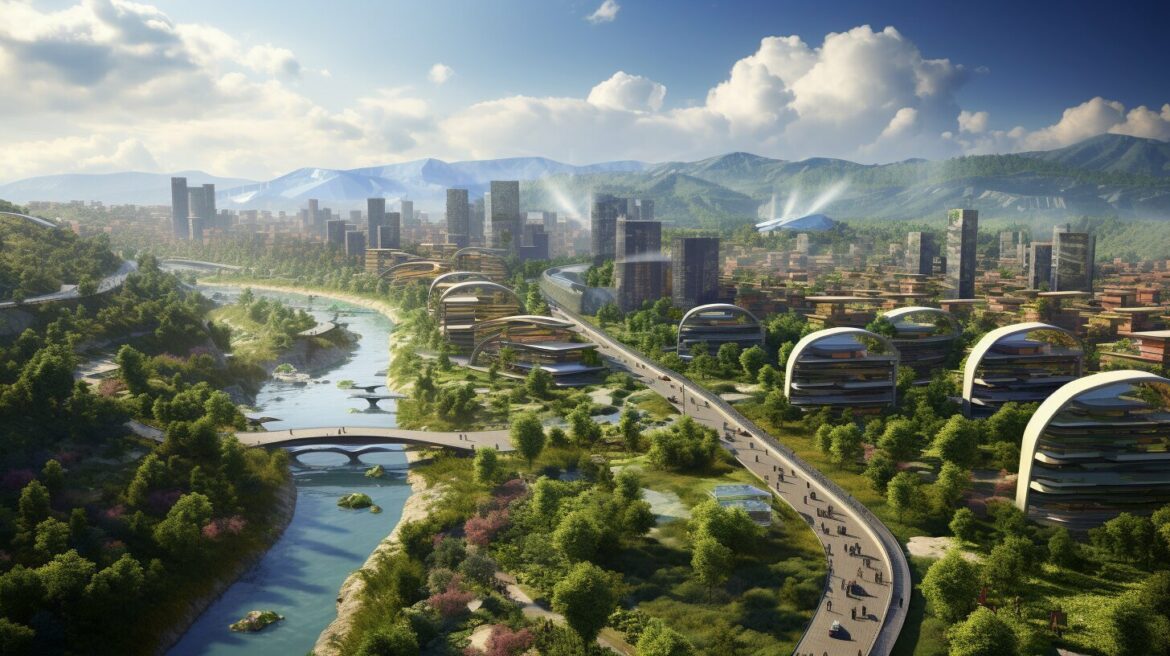
| Benefits of Energy Efficiency and Sustainable Materials |
|---|
| Reduces energy consumption and greenhouse gas emissions |
| Utilizes clean and renewable energy sources |
| Supports local economy and responsible forestry practices |
| Minimizes environmental degradation |
Green building practices in Bosnia and Herzegovina go beyond energy efficiency, with a strong focus on water conservation and ensuring superior indoor environmental quality to promote sustainable development. The country recognizes the critical importance of conserving water resources and has implemented innovative strategies to minimize water consumption in buildings.
One of the key approaches to water conservation is the use of water-efficient fixtures and systems. Buildings in Bosnia and Herzegovina are equipped with low-flow faucets, showerheads, and toilets to reduce water usage without compromising user comfort. Additionally, rainwater harvesting systems are implemented to collect and store rainwater for non-potable uses like irrigation and flushing.
In order to ensure superior indoor environmental quality, green buildings in Bosnia and Herzegovina prioritize the use of non-toxic building materials and the implementation of proper ventilation systems. This helps to reduce indoor air pollution and create a healthier living and working environment for occupants. The country also emphasizes the importance of natural lighting and incorporates large windows and skylights to maximize daylight and reduce the reliance on artificial lighting.
| Benefits of Water Conservation and Indoor Environmental Quality |
|---|
| Reduces strain on water resources and helps mitigate water scarcity |
| Minimizes water bills and operating costs for building owners |
| Improves occupant health and productivity |
| Enhances overall user comfort and satisfaction |
The commitment to water conservation and superior indoor environmental quality aligns with Bosnia and Herzegovina’s sustainable development goals. By incorporating these practices into the construction sector, the country is taking significant steps towards a greener and more sustainable future.
Numerous organizations and initiatives in Bosnia and Herzegovina are actively promoting green building practices through education and certification programs, driving the adoption of sustainable construction techniques in the country. These initiatives aim to raise awareness among architects, builders, and other stakeholders about the importance of environmental sustainability in the construction sector.
One such organization is the Green Building Council of Bosnia and Herzegovina (GBC BH), which focuses on promoting green building practices and sustainable development. GBC BH offers certification programs that recognize buildings that meet specific sustainability criteria. By encouraging the implementation of energy-efficient designs, the organization contributes to reducing carbon emissions and promoting a greener future.
| Organization | Initiative |
|---|---|
| Green Building Council of Bosnia and Herzegovina (GBC BH) | Certification programs for sustainable buildings |
| Association for Sustainable Development and Environmental Protection (ORSP) | Advocacy for sustainable architecture and green building technologies |
| Bosnia and Herzegovina Green Building Leadership Network (GBLN) | Networking platform for professionals in the green building industry |
Another notable organization is the Association for Sustainable Development and Environmental Protection (ORSP), which focuses on advocating for sustainable architecture and the use of green building technologies. ORSP organizes workshops, seminars, and conferences to educate professionals and the public about eco-friendly construction practices.
The Bosnia and Herzegovina Green Building Leadership Network (GBLN) is another platform that brings together professionals in the green building industry. Through networking events, knowledge sharing, and collaboration opportunities, GBLN aims to drive innovation and promote best practices in sustainable construction.
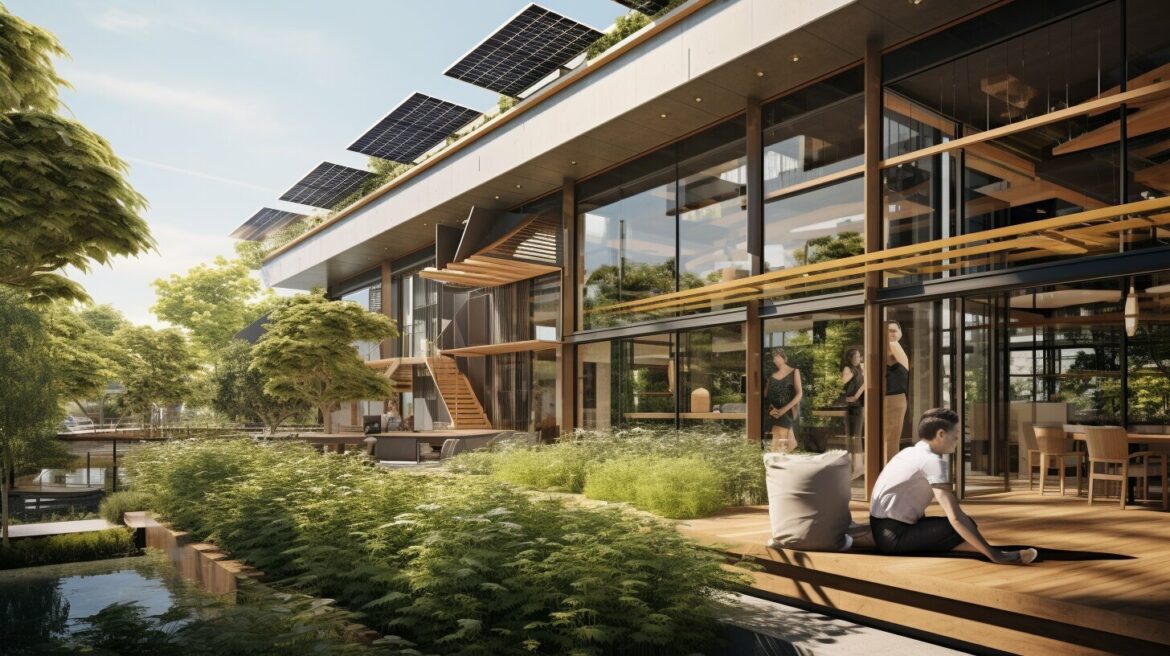
These organizations and initiatives play a vital role in promoting sustainable construction practices in Bosnia and Herzegovina. By fostering collaboration, knowledge sharing, and awareness, they contribute to the country’s efforts in creating a greener and more sustainable built environment.
| Organization | Initiative |
|---|---|
| Green Building Council of Bosnia and Herzegovina (GBC BH) | Certification programs for sustainable buildings |
| Association for Sustainable Development and Environmental Protection (ORSP) | Advocacy for sustainable architecture and green building technologies |
| Bosnia and Herzegovina Green Building Leadership Network (GBLN) | Networking platform for professionals in the green building industry |
Bosnia and Herzegovina is actively working towards achieving sustainable development goals by integrating renewable energy, implementing clean technologies, and striving to reduce energy poverty. The country recognizes the importance of transitioning to a more sustainable and environmentally-friendly future, and is taking significant steps to make this a reality.
Renewable energy integration is a key focus for Bosnia and Herzegovina. By harnessing the power of solar, wind, and hydropower resources, the country aims to decrease its reliance on fossil fuels and reduce greenhouse gas emissions. This not only helps to combat climate change but also promotes energy independence and security.
In addition to renewable energy, Bosnia and Herzegovina is embracing clean technologies in various sectors. From energy-efficient buildings to sustainable transportation systems, the country is implementing innovative solutions that minimize environmental impact and optimize resource usage. By adopting these clean technologies, Bosnia and Herzegovina is paving the way for a greener and more sustainable future.
Reducing energy poverty is another vital goal for Bosnia and Herzegovina. The country recognizes the importance of providing affordable and accessible energy to all citizens, while simultaneously working towards a more sustainable energy system. Through initiatives that promote energy efficiency, energy conservation, and renewable energy adoption, Bosnia and Herzegovina aims to alleviate energy poverty and create a more equitable society.
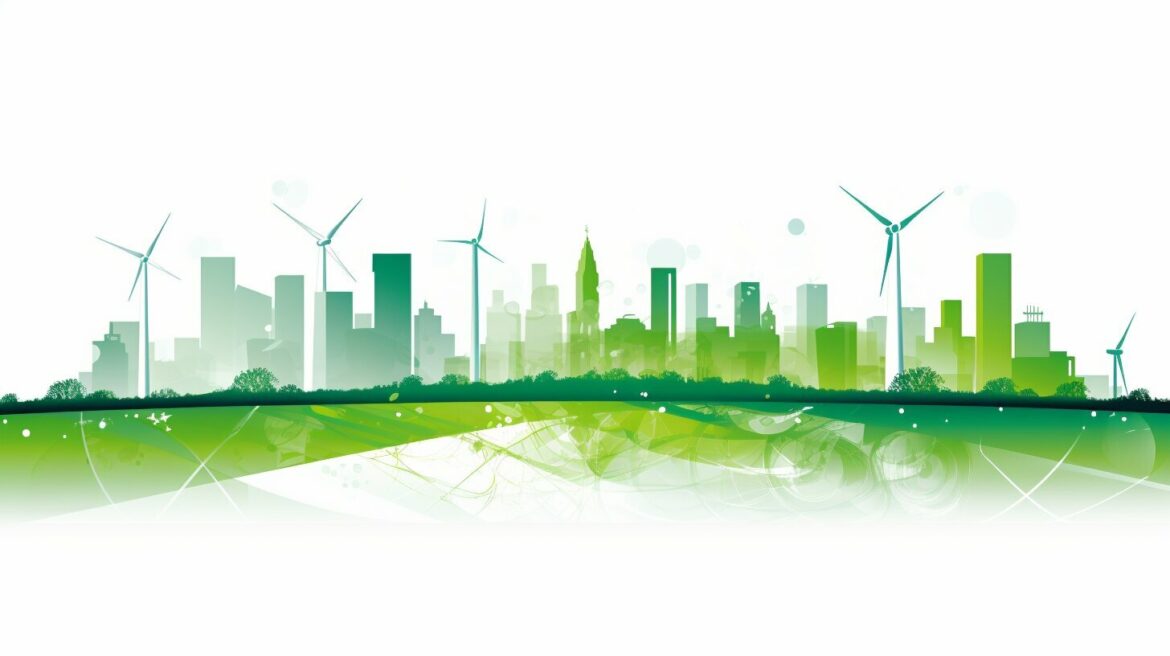
Overall, Bosnia and Herzegovina’s commitment to sustainable development goals is commendable. By integrating renewable energy, implementing clean technologies, and reducing energy poverty, the country is setting an example for others to follow. With continued dedication and collaborative efforts, Bosnia and Herzegovina can pave the way towards a greener and more sustainable future.
In conclusion, Bosnia and Herzegovina’s top green buildings showcase the country’s commitment to sustainability through innovative design, energy-efficient technologies, and a focus on creating environmentally-friendly constructions. The incorporation of energy-saving techniques, such as the use of solar panels and locally-sourced timber, demonstrates the country’s dedication to reducing its carbon footprint and promoting renewable energy integration. Furthermore, the emphasis on water conservation and indoor environmental quality highlights Bosnia and Herzegovina’s holistic approach to green building practices, ensuring both environmental and human well-being.
Organizations and initiatives in BiH play a crucial role in promoting and supporting the adoption of green building practices. Through education and certification programs, these entities raise awareness and encourage the construction industry to prioritize sustainability. By fostering collaboration and sharing knowledge, they contribute to the continuous development and improvement of green building initiatives in the country.
Bosnia and Herzegovina’s commitment to sustainable development goals extends beyond adopting green building practices. The country aims to implement clean technologies, reduce energy poverty, and create a more resilient and sustainable future. By embracing these goals and prioritizing environmentally-friendly construction, Bosnia and Herzegovina sets a positive example for other nations, demonstrating that economic growth and environmental sustainability can go hand in hand.
A: Green building practices refer to the design, construction, and operation of buildings that prioritize sustainability and environmental responsibility. They involve using energy-saving techniques, sustainable materials, and incorporating features that promote water conservation and indoor environmental quality.
A: Bosnia and Herzegovina is embracing green building practices by incorporating energy-saving techniques such as the use of solar panels and sustainable materials like locally-sourced timber. The country also prioritizes water conservation and indoor environmental quality in green building initiatives.
A: There are several organizations and initiatives in Bosnia and Herzegovina that are promoting green building practices. They are raising awareness and supporting the adoption of sustainable construction through education and certification programs.
A: Green building certifications play a crucial role in promoting environmentally-friendly construction. They provide a framework for assessing and recognizing buildings that meet specific sustainability criteria, ensuring that they are energy-efficient, use sustainable materials, and prioritize water conservation and indoor environmental quality.
A: Bosnia and Herzegovina is committed to sustainable development goals, including renewable energy integration and the implementation of clean technologies. The country aims to reduce energy poverty and promote environmentally-friendly practices in the construction sector.
Written by: Jackie De Burca











COPYRIGHT 2021-2024 CONSTRUCTIVE VOICES
Post comments (0)